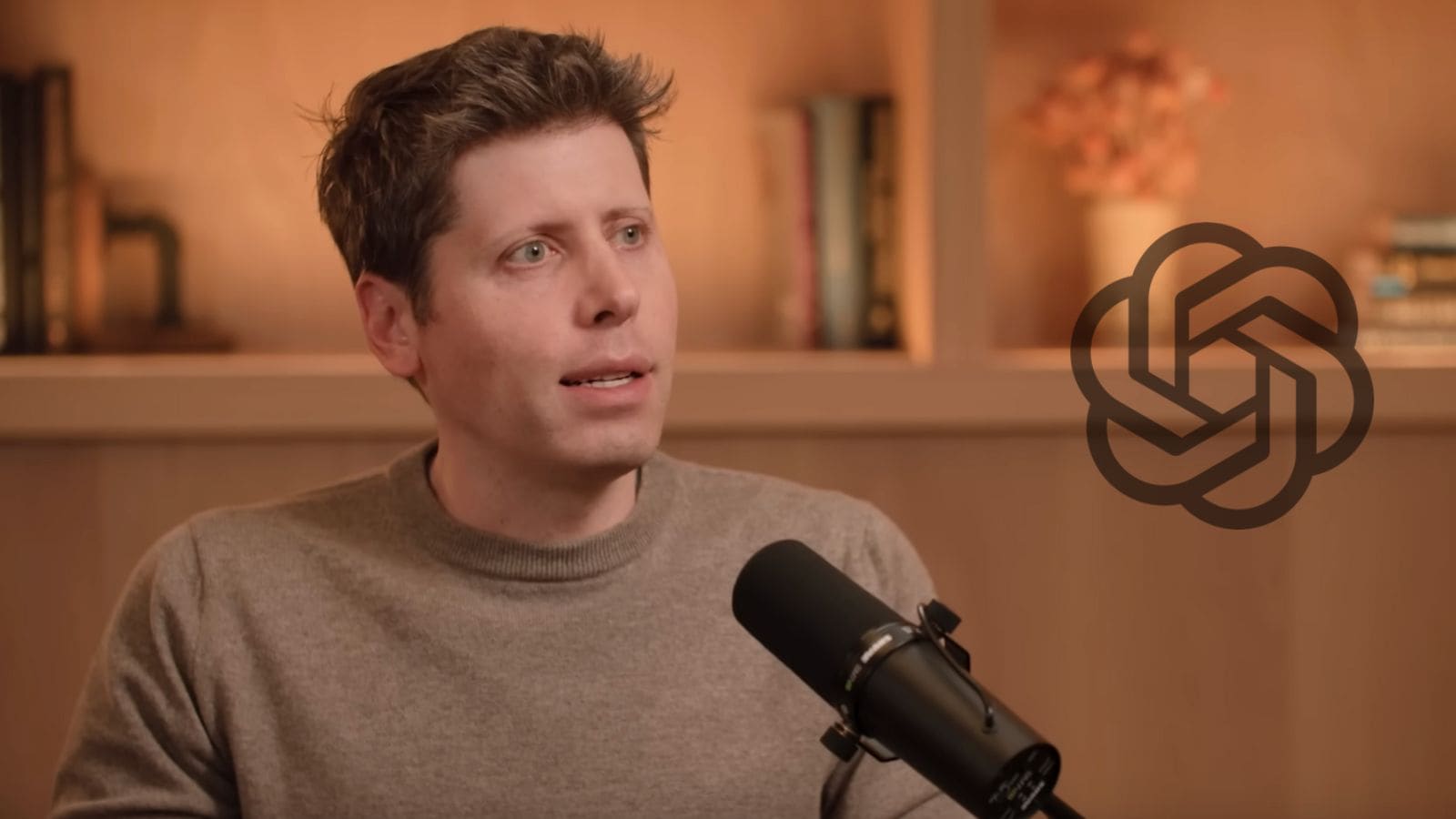“This era where one person can do more than any person, or every person, in history is incredibly exciting,” OpenAI CEO Sam Altman said Thursday, unveiling GPT-5, which he called a “major upgrade over GPT-4o and a pretty significant step along our path towards AGI (Artificial General Intelligence)”.
“One of the coolest things it can do is write you good, instantaneous software”, and this “idea of software on demand is going to be one of the defining features of the GPT-5”, Altman added in a media briefing. GPT-5, he said, is like having “a team of PhD level experts ready to go and help you with whatever your goals are”.
Everyone to get GPT-5
In an interesting change of strategy, OpenAI will release GPT-5 for all users, including those without a premium subscription. While free users will see only GPT-5 with the platform, paid users will have access to earlier models also. “All ChatGPT users are going to have access to the smartest, fastest and most useful model that we’ve ever launched,” explained Nick Turley, head of ChatGPT, adding how the new model had much better accuracy and also a lower hallucination rate than before.
“For many users, especially a free ChatGPT user, this is going to be the first introduction to reasoning,” he added. Interestingly, ChatGPT will also become easier to use as there will now be no need to choose the model you want to run. “People will not have to think about the model’s reasoning. In fact, you just use GPT-5, and it will think what it needs to think, and it will respond instantly when it needs to respond instantly. This is going to feel really magical.”
Head of platform Olivier Godement said with thinking and reasoning, GPT-5 is “significantly less likely to hallucinate”. “The model is more upfront. It’s also more reliable,” he added.
OpenAI on India
Speaking about OpenAI’s second largest market, Altman expressed hope that India “could well become our largest market in the world”. “What citizens of India are doing with AI, is really quite remarkable… the way it’s been integrated into people’s lives and businesses and started new companies with that”. He said OpenAI was especially focused on bringing products to India, working with local partners to “make AI work great for India, make it more affordable for people across the country”. He said the company is paying a lot of attention to India “given the rate of growth”.
Altman clarified that they have tried to make GPT-5 better in different cultural contexts and languages and at a wide variety of different tasks. “So we think this is maybe the biggest single step forward we have ever taken in our mission of very broad global accessibility of a true frontier model.” He said while this model is much faster, the team has done a great job of bringing costs down. “To have a model at this level of capability at this cost is far beyond the frontier of any other system out in the world, which helps us be able to make this accessible,” Altman underlined.
Story continues below this ad
Accepting that GPT-5 is not at AGI level yet, Altman clarified, “The idea that you have a system that can answer almost any question, do some tasks, and write software for you at PhD levels of expertise… most people, if they heard that five years ago, would have said, ‘absolutely impossible.’ The impact this is having on education, health care, productivity, economic growth, scientific discovery, and the like is “quite special”, he added.
Asked about discussions around AI regulation in countries like Australia, Altman said, “Different countries are going to try different approaches to AI regulation.” “But one thing we hear pretty consistently from leaders around the world is that everybody wants to make sure that AI thrives in their country and that they get the economic growth and the societal benefits that come with it.”


